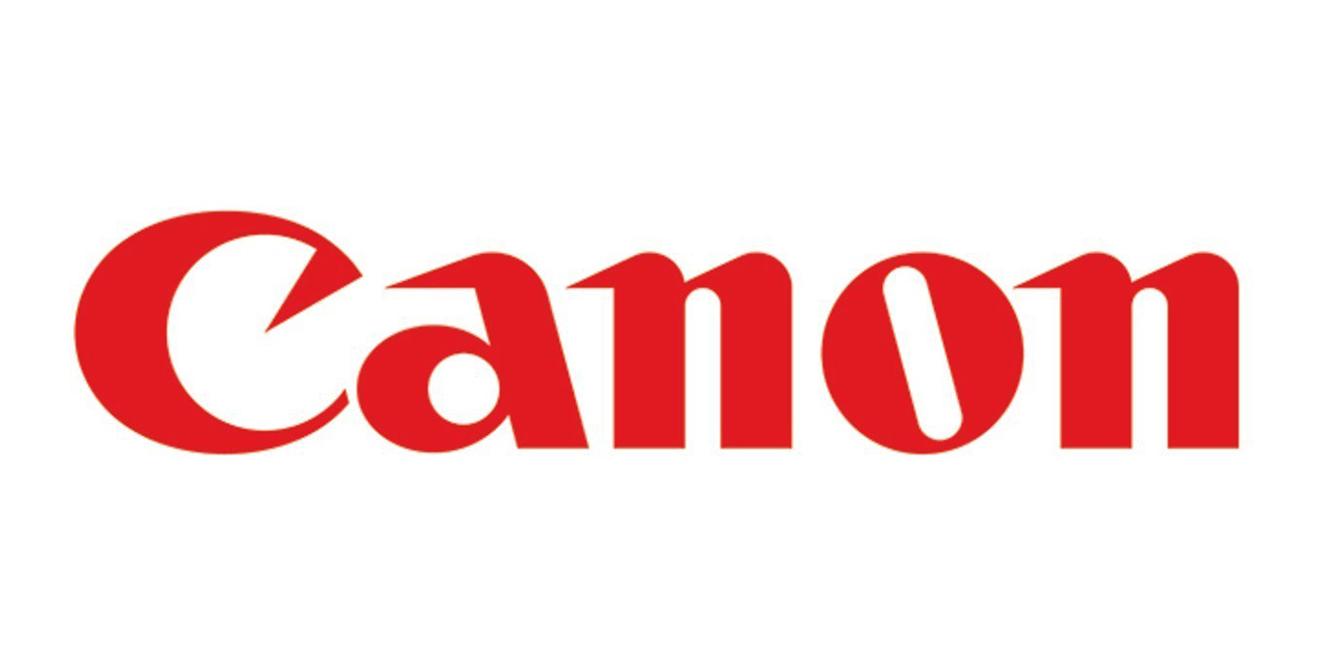 In an article Roomy Khan from Forbes gives insight into how the counterfeit market has moved from underground markets to sales in plain sight of the consumers.
In an article Roomy Khan from Forbes gives insight into how the counterfeit market has moved from underground markets to sales in plain sight of the consumers.
Roomy Khan, a Contributer for Forbes penned an article explaining how “online e-commerce marketplaces are enabling and proliferating sales of counterfeit and knockoff goods by facilitating selling by third-party unvetted vendors from all over the world.”
The concern is that the direct availability for the consumer of these goods has moved from “underground grey markets such as sidewalk vendors and flea markets to mainstream e-commerce marketplaces.”
With the easy set up of shop fronts through online giants like Amazon, Etsy, eBay, Instagram etc, vendors get “legitimacy and access to millions of consumers”, according to Khan this has made counterfeiting an attractive business.
In the article Khan speaks about: “Innocent consumers are getting deceived into buying counterfeit goods. Legitimate product vendors are getting infringed upon and are finding it impossible to police and protect their Intellectual Property (IP) rights (Patents, Trademarks, and Copyrights), from the millions of fleeting online storefronts and their unscrupulous vendors.”
The US Government Accountability Office released a study in 2018 which revealed that “about 40 percent of a sample of goods bought on popular e-commerce websites were fake.”
Khan adds: “E-commerce marketplace operators are the big winners. They are collecting monthly subscription as rent and a piece of the seller revenue as toll, without the customary goods curation and inventory risks. This almost risk-free revenue generation model is possibly causing the misbehaviours of marketplace operators to encourage and entice an ever-increasing number of unvetted sellers to join the platform, without enforcing the necessary compliance oversights of the sellers and their supply-chains.
“Consumers and innovators with product IP rights are the losers. While consumers are being offered a vast selection of products at competitive prices, many of these products are possibly noncompliant with federal, state and local laws, and potentially are counterfeit goods as well. Unbeknownst to consumers, they could be getting conned into buying counterfeit goods, at the same time the legitimate product owners with IP rights are being compelled to police and compete with unfair and deceitful sellers”, she continues.
Khan explains that this behaviour of online marketplaces is partly made possible by the 1998 United States Digital Millennium Copyright Act (DMCA). This Act gives protection to “e-commerce companies from copyright infringement liabilities stemming from the actions of their market participants.” Amazon, Etsy, eBay, Instagram etc do however have to comply and must have “notice and takedown” procedures (see Canon’s filings).
Further legitimising these transactions are services like ‘Fulfillment by Amazon (FBA)’ which enables these vendors to sell their counterfeit goods under the umbrella of Amazon, who also take an approximately 20 percent share to fulfil the order.
Khan explains: “In the US, the onus of policing and protecting against infringements lies with the owners of the IP rights. IP rights owners find it extraordinarily difficult to invest and police against potential infringements by millions of online storefronts. While marketplace operators can quickly shut down infracting storefronts, it does not deter the same perpetrators from hoodwinking the operators by opening new storefronts. Most entrepreneurs and small business entities do not have the war-chest of resources to fight rogue IP rights infringing online storefronts, who many a time turn out to be online spooks; thanks to the provisioning of unvetted suppliers and unverified goods by the marketplace operators.”
Although the new world of online marketplaces also provides opportunities, “marketplace operators need to take concrete steps to vet the supply chains, the suppliers and the authenticity of their products. Policy and procedures should be reviewed and revised to minimize IP rights infringements. Dispute resolutions should be transparent and resolved expeditiously”, Khan adds.
These goods damage businesses and consumers alike, with unfair competition for legitimate businesses as well the consumer being deceived into buying something that is not of the quality or standard they were expecting.
Editor’s Note: With recent news of e-commerce platforms not vetting their resellers, fake reviews, sale of counterfeit goods, is it time to update the laws. At this moment and time, there is no definition of what a marketplace is. Therefore, there are no legislations to protect the legitimate reseller or the consumer. It might be a case that the law needs to catch up with the market.




















